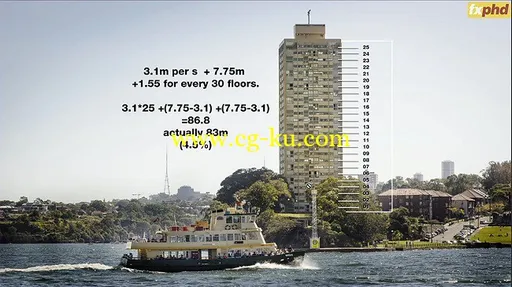
10 Classes Project Files Included MP4
Title: FXPHD – MTH201 Real Mathematics for Visual Effects and 3D
Info:
This course aims to provide the tools for daily Maths in visual effects and computer graphics. Our first course in maths was characterized by the quote “If I’d known Maths would have been central to effects and animation I would have paid attention in school!”
In this course, Mike Seymour works through the major areas of maths that are useful in every day life in visual effects and 3D. This really is a maths course, teaching you both actual maths and the principles of areas of maths in more advanced areas. The aim is to equip you with the tools you need and to demystify the jargon – so you can understand the principles and approaches we use maths for everyday in production and post.
Class 1: Random maths – Probability. This lesson aims to explain distributions, probability and randomness. Often in computer graphics we want things to look natural and random, or at least not computer generated. This lesson aims to explain basic probability theory – one of the most counter intuitive areas of Maths.
Class 2: Randomness, distribution, standard deviation and perlin noise.
Class 3: On set maths. Using basic trigonometry to quickly figure out measurements without the use of fancy equipment.
Class 4: Tan function and how to solve simple equations with simple matrix.
Class 5: Basic matrix operations.
Class 6: Equation solving using Matrix multiplication and the Unity Matrix and LUTS. A 3D LUT is now increasingly common, understand them however is extremely hard beyond a 1D lookup table. This lesson explains matrices and thus LUTs – using color space as our example.
Class 7: Spline and paths. It is important to be able to read a spline path in terms of what it would mean to a camera or objects movement.
Class 8: Probability distribution, function and variance.
Class 9: Following from last lesson’s dart board example, we look at how the principle is applied to 3D rendering techniques.
Class 10: Putting it all together: The rendering equation explained in detail and sampling technique.
发布日期: 2016-05-12